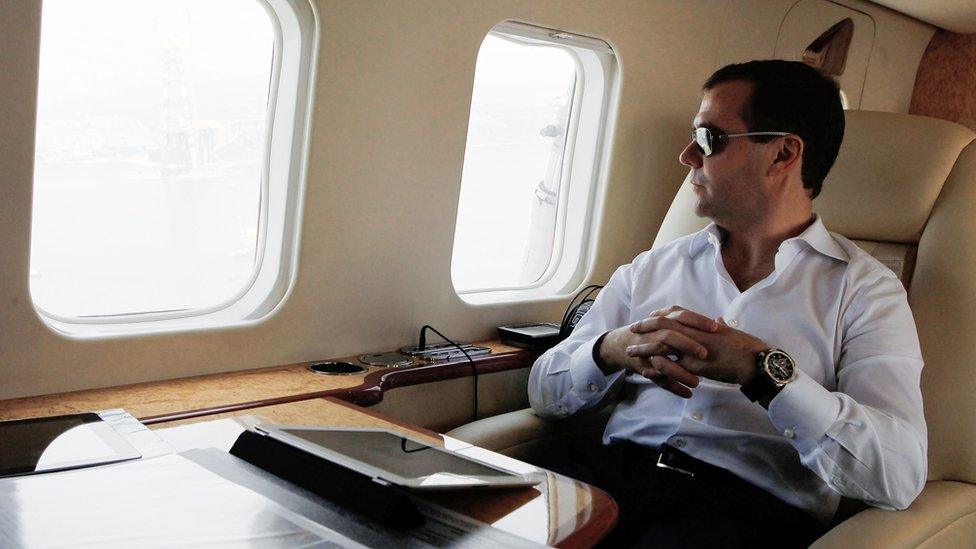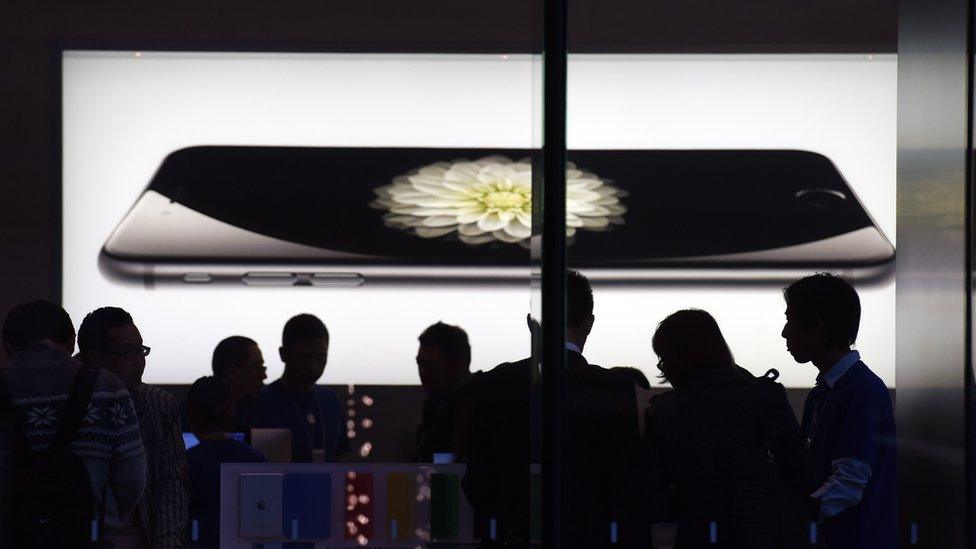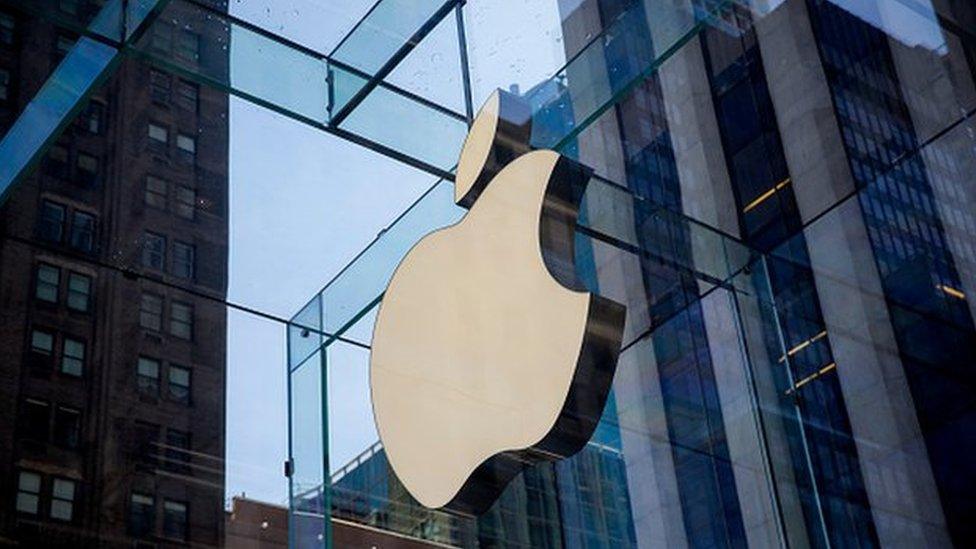Is Russia losing the battle against online piracy?
- Published

Despite the government's efforts to block Russia's most popular piracy website, Prime Minister Dmitry Medvedev has reportedly been able to access it from his iPad
The Kremlin admits that Russia has a serious problem with online piracy.
It says that it is taking steps to combat it. But the official anti-piracy policy is stalling.
The government seems undecided on how to tackle the issue. Many Russians think online content should be free.
While chairing a meeting on cinema on 17 February, Prime Minister Dmitry Medvedev embarrassed officials by accessing RuTracker, Russia's most popular file-sharing website.
The connection worked despite earlier assurances that the site had been blocked forever.
"So how's your Roskomnadzor blocking it?" Mr Medvedev asked Communications Minister Nikolay Nikiforov, referring to the ministry's media watchdog.
Various explanations followed, ranging from suggestions that Medvedev's government-issue iPad could somehow circumvent restrictions, to claims that he accessed a different, permitted website.
But the incident points to possible failings in the government's efforts to fight online piracy.
'Not working'
According to Vedomosti, external, a business daily, Mr Medvedev was responding to remarks by Konstantin Ernst, the head of state-owned Channel One TV, who said that the government's anti-piracy policy was simply not working.
The moment illegal content is removed from one website, it appears on another, and even blocked platforms such as RuTracker remain accessible, Mr Ernst reportedly said.
President Putin's plain-speaking adviser for the internet, German Klimenko, is similarly downbeat.
"This is madness, it's not working and therefore it puts the government to shame," he says of the whole idea of blocking access to websites.
According to Mr Klimenko, copyright holders - whom he calls "greedy ghouls" - are themselves to blame for the piracy problem.
"Incomes are falling, so why demand people pay for watching a movie?" he wonders.
Earlier, questions were raised about Mr Klimenko's determination to eradicate piracy amid claims that he was linked to Torrnado, another popular Russian torrent-tracking service. He denies this allegation, saying that he does not own the website "in the legal sense".
Despite the criticism, the government has had some success in stopping Russians from visiting RuTracker.
LiveInternet, external, an online research firm that happens to be owned by Mr Klimenko, has registered a steady decline in traffic to the website from an average of 1.7 million daily visitors in February 2015 to just 758,000 in February this year.
Piracy remains rampant
But even if access to Russia's most popular file-sharing website becomes problematic, content remains freely available elsewhere.
There is little incentive to pay for films or music if they are just a couple of clicks away on the country's most popular social networks, VKontakte and Odnoklassniki.
A report, external by the International Intellectual Property Alliance says VKontakte will generally take down specific content when notified, but "that is not an adequate enforcement mechanism" for a problem that VKontakte created.
Stiff resistance from a public used to decades of consuming pirated content remains one of the most serious obstacles to any anti-piracy efforts in Russia.
In a recent poll, two-thirds of Russians admitted accessing file-sharing platforms, and more than a half said films, music and books should be available on the web for free.
BBC Monitoring reports and analyses news from TV, radio, web and print media around the world. You can follow BBC Monitoring on Twitter, external and Facebook, external.
- Published5 February 2016

- Published26 January 2016

- Published28 November 2014
